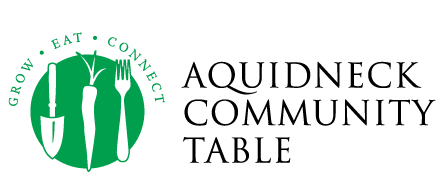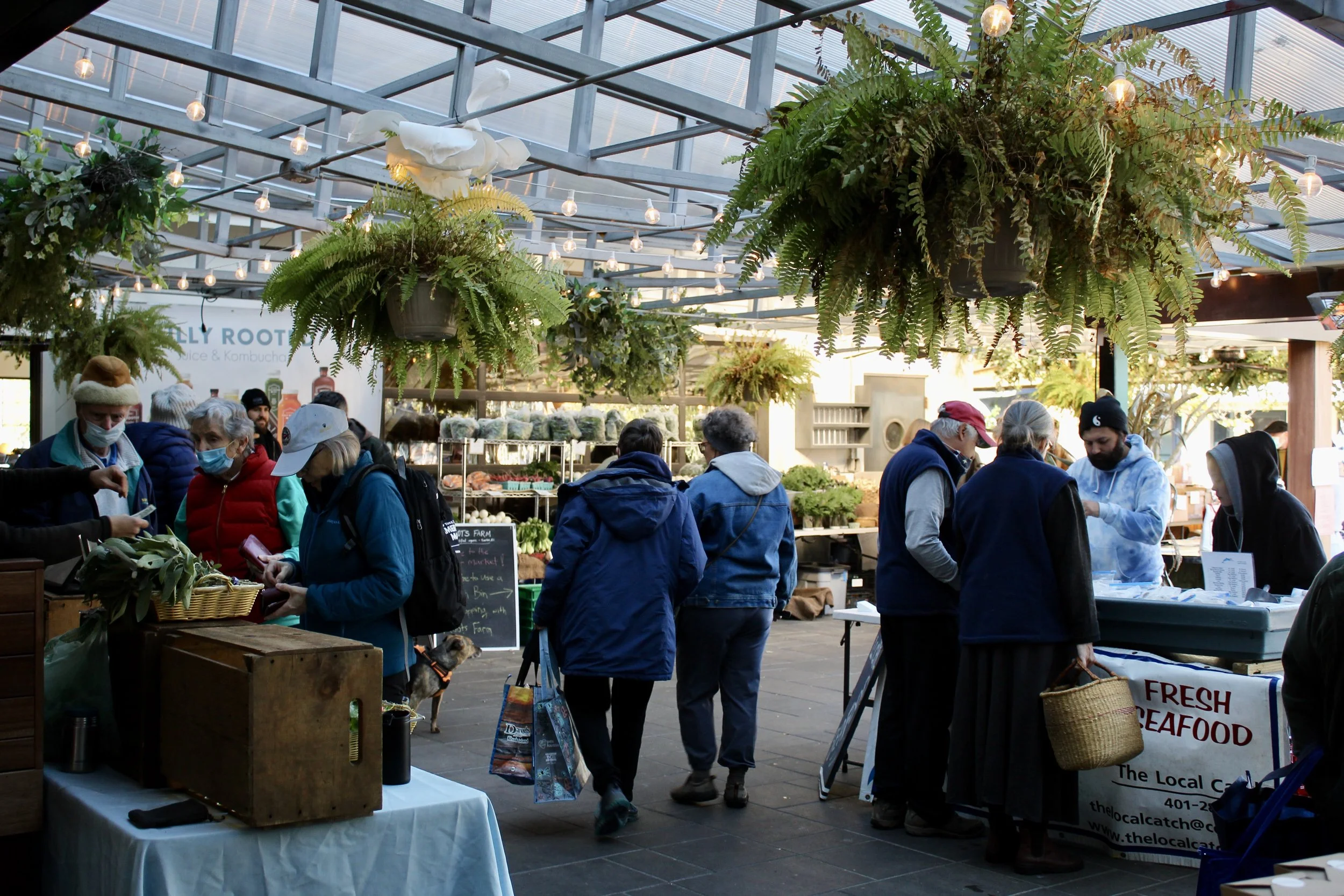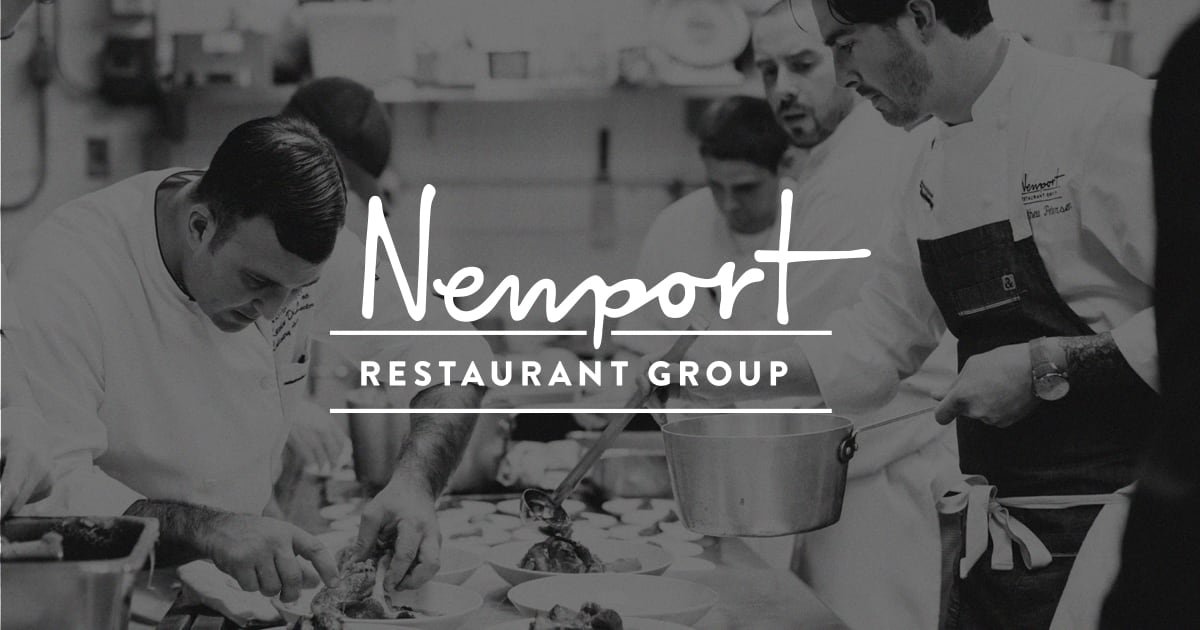ACT: Do you have a particular food memory you'd like to share?
CB: When I first started exploring Sichuan cuisine, I was immediately intoxicated by that array of flavors, spice, and feeling. Continuing to explore every far-reaching corner I could, I better came to understand that as much as it (like many things) was about the research and education; so much more was to be understood through the relationships and emotions created. Learning that embracing the respect for the culture and awareness of the differences, I learned through observation to ask for things that were not typically there or listed or even otherwise normally available. This opened my eyes to almost a whole other restaurant within a restaurant. This was something I came to realize existed in many restaurants in many types of cuisines, and really even beyond that. The things that are often saved for friends and family; or in many cases for the people that care the most about the given craft; almost like a shared enjoyment of a collective art.
ACT: What is the role of restaurants in changing the culture around food and/or creating a sustainable food system?
CB: Restaurants play many roles in this. The most important being the role of 'leader by example' or responsibility. As the biggest producers, and by default also the biggest waste producers it's imperative that we lead the charge and create responsible and accountable systems to change food culture for the better. This can be through the support of various organizations, and/or implementing new systems in an attempt to increase both efficiency and sustainability.
ACT: Have you seen the food scene change during covid? What trends do you see coming?
CB: The food scene has gone through a reset in many ways. Primarily people have been more selective in the places they choose to go based on a number of factors including, social responsibility, quality, cleanliness, and service. Additionally, as people's exposure increases amongst a wide variety of food cultures are leading to a trend toward a celebration of these 'new found' old traditions that will hopefully persist for a long time to come; while continuing to bridge the gaps of difference amongst cultures.
ACT: Stoneacre sources from local farmers. Why do you think it's important for people to understand where their food comes from?
CB: Knowing where your food comes from, and almost more importantly the opportunity to know specifically how it was cared for creates an understanding that goes beyond simply quality of product. It is the foundation or basis of understanding basic human nutrition and medicine; allowing us to care for ourselves and our families in a better way. Utilizing local farm sources also greatly reduces our general carbon footprint among other forms of unnecessary pollution.
ACT: You support Aquidneck Community Table in many ways - from hosting our Aquidneck Growers Markets to hosting our upcoming fundraiser, Summer Bounty. We are really grateful for our partnership! Why do you support ACT?
CB: We find ourselves equally grateful to have the opportunity to work together and support such a great organization that does so much of the hard work needed to perpetuate the collective momentum that we've all been achieving to date. Together these efforts can only create more awareness, and hopefully inspire more of a sense of ease in expressing this continued feeling of social responsibility as well as a desire to impact that so many of us in our colleagues and friends around us share.

































































